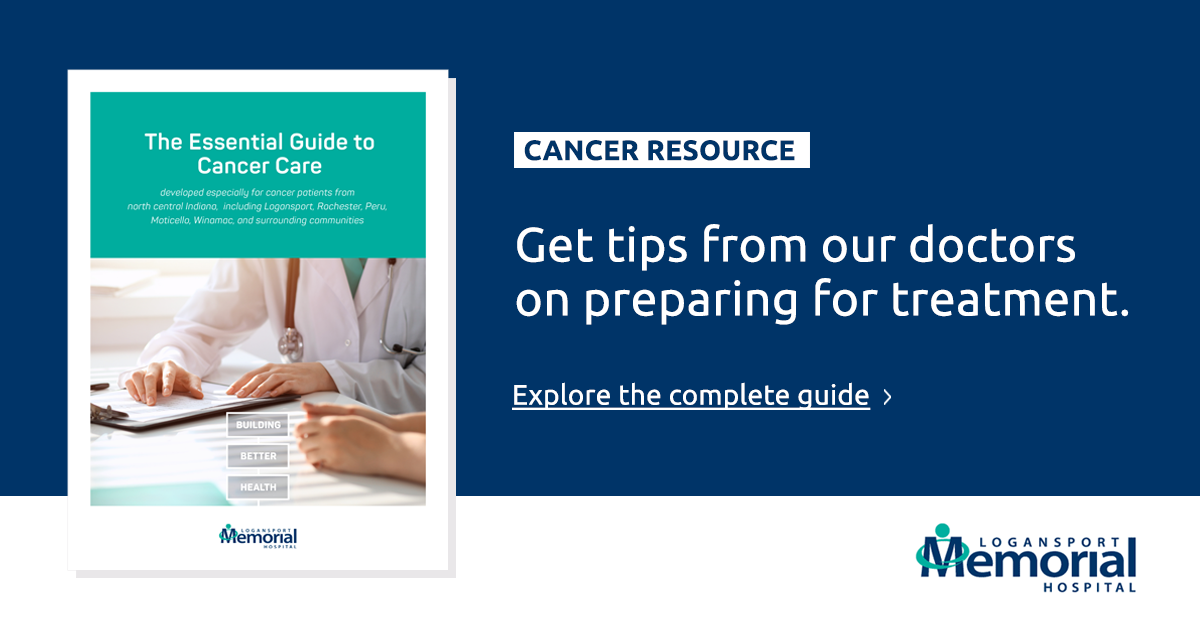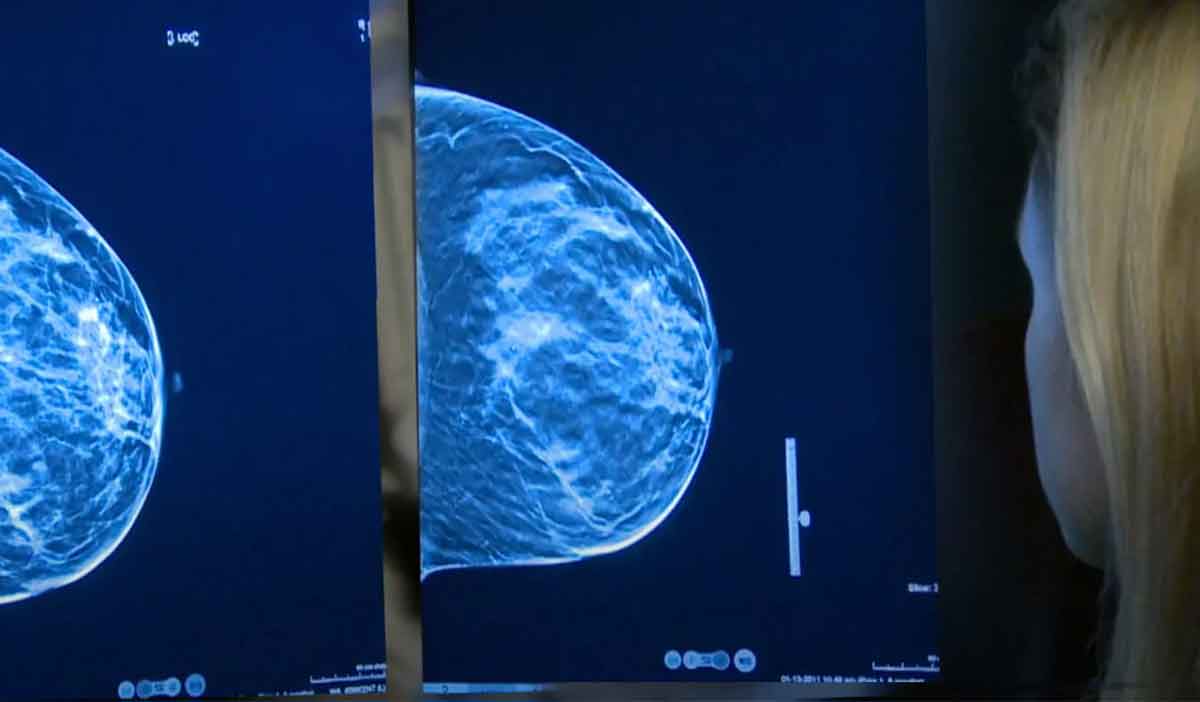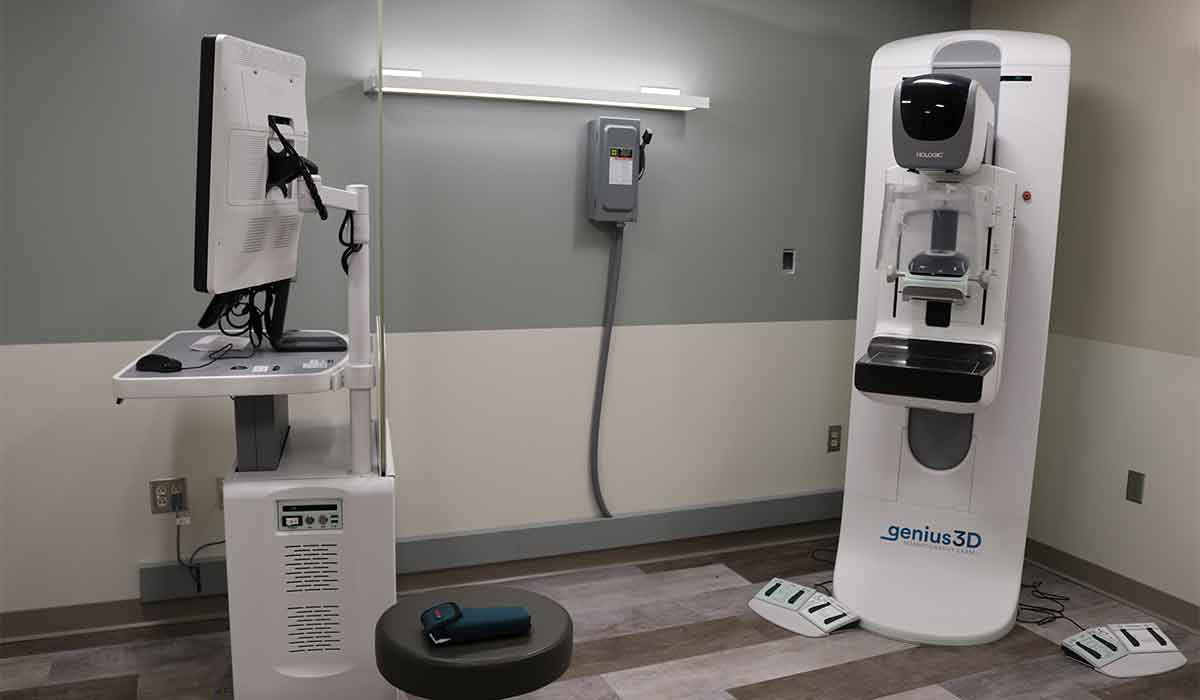
Although every person is different, getting a breast cancer diagnosis is never easy for anyone and navigating the next steps is often an overwhelming process.
Before surgery can be scheduled (if it’s necessary) and before treatment can begin, your provider and care team will use tests and exams to determine which of the five stages of breast cancer you have, by figuring out where it is in your body (and how much there is).
Your breast cancer stage will stay the same from when it is first diagnosed and won’t ever change, even if your cancer changes. Your provider will always talk about your cancer by the stage denoted during diagnosis throughout the course of your recovery even if your treatment plan changes as needed.
Stage zero and stage I breast cancer
If you’ve been diagnosed with stage zero or stage I breast cancer, you might hear your provider describe your type of cancer as being “pre-invasive.” Both are highly curable but require immediate treatment.
According to American Cancer Society researchers, when a patient’s breast cancer is detected early, the 5-year relative survival rate is 100%.
These stages include these three different types of breast cancer:
- ductal carcinoma in situ (DCIS)
- lobular carcinoma in situ (LCIS)
- Paget disease of the nipple
LEARN ABOUT COMMON TYPES OF BREAST CANCER
Stage II breast cancer
Stage II breast cancer is considered an early type of breast cancer. Stage II breast cancer patients often respond well to treatment; however, stage II breast cancer does require treatment that is more aggressive than stage I breast cancer.
In the United States, most breast cancer patients are diagnosed with stage 0, stage I, or stage II cancer.
Stage III breast cancer
Stage III breast cancer is considered an advanced type of cancer because the cancer has migrated beyond the tumor and may have moved into nearby lymph nodes and muscles. In stage III cases of breast cancer, the disease hasn’t spread into your organs.
Stage IV breast cancer
Stage IV breast cancer is the most advanced type of cancer, and it is often referred to as metastatic. Stage IV cancers have invaded other areas of the body, such as the liver, lungs, brain, and bones, and are considered incurable, meaning that providers will treat the disease like it’s a chronic condition.
Talking with your provider about your breast cancer diagnosis
Getting all the information you need from your doctor can be a big task when you’re anxious about your diagnosis and unfamiliar with all of the new medical terminology related to your treatment plan. Preparing some questions in advance about topics that you are worried about will make the conversation go a little smoother when you meet with your provider.

Here is a list of some starter questions to help you prepare for talking with your doctor after diagnosis:
- What are the treatment options for my breast cancer?
- Will I need surgery? Chemotherapy? Radiation therapy? Something else?
- How soon do I have to make a decision about my treatment plan?
- What are my chances of breast cancer recurrence?
- How frequent will I have to come in for check-ups and testing after my treatment ends?
If you have recently been diagnosed with breast cancer or if you’re looking for a second opinion, consider talking with the providers at the Logansport Memorial Women’s Health Center. Their team of experts works with the latest technologies, seeking to find breast cancer early when it is most treatable, and provide care that’s personalized, compassionate, and convenient.
Request an appointment online or by calling (574) 722-3566.
You might also like:
- 5 common breast cancer warning signs
- Questions to ask about breast cancer screenings
- 4 things you need to know about mammograms



